

Discover more from Weapons and Strategy
Russia Steps Up Attacks on Ukraine After Rocket Strikes on Belgorod
Zelensky May Have Made a Fatal Mistake
On January 1, 2024 Russian President Vladimir Putin said that the Ukrainian attack on the Russian city of Belgorod on December 30th "would not go unpunished."

On December 31st the Russians launched some 50 drones at various targets in Ukraine; the number increased to 90 drones on January 1st. But the heaviest attacks came on January 2nd when at least three waves of drone and missile attacks struck Ukrainian targets (at 6:55 am, 8:20 am and 9:30 am). It appears the January 2nd attacks depleted Ukrainian air defenses significantly, especially in Kiev. Russia struck with between 11 and 13 Kinzhal hypersonic missiles. We don't yet have a list of the targets or know how effective the Russian strikes were.
Armed Forces Chief of Staff Valery Zaluzhny claimed that the Ukrainians shot down 11 Kinzhal missiles, although he provided no evidence. Kinzhals were seen hitting targets in Kiev without any air defense response.
Reportedly the Russian drone used in the attacks was the Geran-2, a Russian-named version of the Iranian Shahed-136 suicide drone.
The Ukrainian attack on Belgorod (there were other attacks reported on January 2nd, but it did far less damage, and an attack on Donetsk, again aimed at civilians) killed at least 21 in Belgorod, including four children, and wounded 111, including 17 children. All the victims were civilians and there is no evidence that any of the Ukrainian targets were, even marginally, military. No Russian soldiers were killed.
According to Russia's UN Ambassador Vasily Nebenzya, the Belgorod targets included an ice rink, sports center and a university.
Russia says that the rockets used cluster munition warheads. The US previously supplied 155mm Dual Purpose Improved Conventional Munitions (DPICM), which are cluster munitions rounds, mostly because the US ran out of conventional 155mm rounds. It isn’t clear if the Ukrainian MLRS or the Czech Vampire have cluster warheads, although neither the Ukrainians or the Czechs made any denials about the use of cluster rounds in Belgorad.
The Russians have been hitting Ukrainian military targets and energy and water supply infrastructure in Ukrainian cities and towns for many months. Some Russian weapons have struck civilian targets, including apartment complexes and hotels. The Russians generally claim either that the apartment complexes were accidents, or were actually hit by errant Ukrainian air defense missiles, or that the civilian buildings were used as military command centers, hostels for Ukrainian and foreign soldiers, or as intelligence centers. Ukraine, for its part, has always claimed that Russia was targeting civilians.
The Russians asked for an emergency UN Security Council Meeting, alleging that the Ukrainian attacks were aimed only at civilians and that cluster munitions were used. Russia also blamed the Czechs for supplying RM-70 Vampire multiple rocket launchers that were used in the attack, paired with Ukrainian Olkha (Vilkha) rocket launchers that fire 300mm rockets.
On January 2nd, according to TASS (the Russian news agency) Russia shot down 17 Olkha rockets in the Belgorod region.
According to the Russians, the attack on Belgorod was carried out directly under orders from Ukrainian President Zelensky. The operation was launched by the Kraken regiment. The Kraken Regiment is a Special Forces unit under the command of the Main Directorate for (Military) Intelligence (GUR) headed by Kirill Budanov. The Kraken field commander responsible for the Belgorod operation, according to the Russians, was Sergey Velichko. Velichko previously served in the Azov brigade, regarded by many as a neo-Nazi and antisemitic outfit known for its ruthlessness.
The Kraken regiment is based in the north-east section of Kharkiv. This unit is not part of the Ukrainian army but is directly commanded by the GUR.
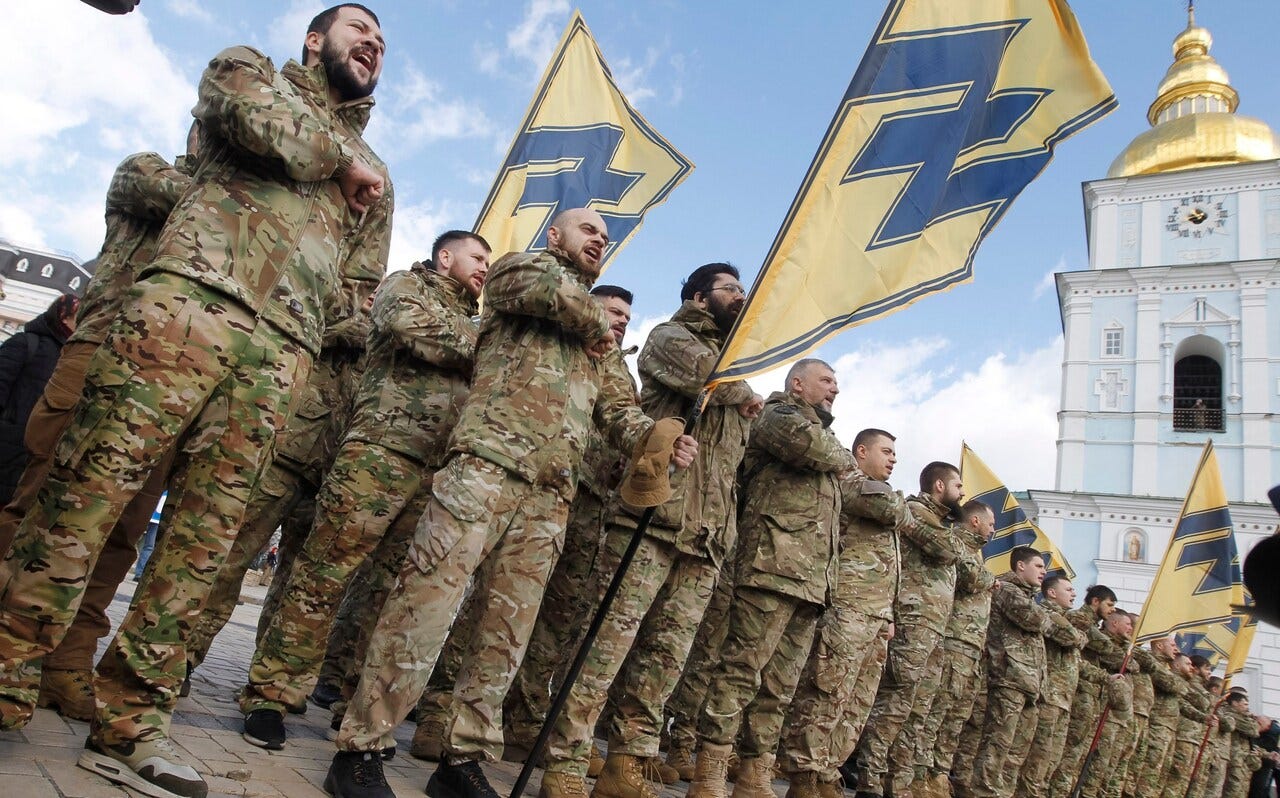
For his part Zelensky is apparently focused on achieving victories in Crimea. In an interview in the Economist, Zelensky claimed that a successful operation by Ukraine in the "temporarily occupied Crimea" would be an “example to the world” and have a big effect inside Russia.
There is a major difference in Zelensky's strategic outlook and the Commander of Ukraine's armed forces, Valery Zaluzhny. Zaluzhny is all about pulling back to defensive positions, minimizing losses, and holding out against any attempt by the Russians to expand the war outside of the Donetsk and Zaphorize regions. Zaluzhny has not commented on Crimea, but there is little evidence that is his main military objective.
Zelensky on the other hand wants to keep up the flow of money, arms and support to Ukraine from the US and Europe. He also thinks he can shake the confidence of Russia's leadership and maybe even topple Putin. His focus on Ukraine is political, not so much military. Zelensky knows that only through asymmetric tactics can he hope to achieve political successes in Crimea. That's why Ukraine relies on the use of long range weapons such as the British-French Storm Shadow, and on suicide unmanned drone boats.
On the battlefield Ukraine is steadily losing ground, especially in the areas to the west of Bakhmut and around Avdiivka. Ukraine is still taking significant losses in the various firefights along the line of contact, which itself is starting to shift westward.
But Zelensky also is gambling that attacks on Russian cities will inspire western support. That seems unlikely.
It may be that such attacks could trigger far different results for Ukraine and among its supporters. Russia, singling out the Czechs, for example, could indicate deeper Russian plans to also punish the suppliers, which could lead to a wider conflict. Even if the Russians confine the fighting to Ukraine, there are other dangers ahead for Ukraine. One of them is the loss of Western support as the fear of an expanding conflict triggered by Ukrainian attacks directly on Russian cities could impact NATO's tenuous hold on European security. That fear may hasten efforts to arrange a deal with Russia before everything spirals out of control.
Another is the shifting political framework in Europe. While Poland may or may not want to fight the Russians, there is little enthusiasm elsewhere, with political change looming. Even the UK, fervent supporters of Ukraine and wanting to keep up the fight, Britain is just about out of weapons and supplies (and money) and its Tory government is at risk of electoral defeat. The political problem worsens on much of the continent, including Germany, whose economy is sinking and whose military preparedness is shockingly in deficit. It is very risky if the conflict expands into Europe, and Zelensky's Belgorod attack can't win many votes inside NATO capitals.
Zelensky's attacks on a Russian city, whether warranted or not, is a mistake and may be a fatal self-inflicted wound.





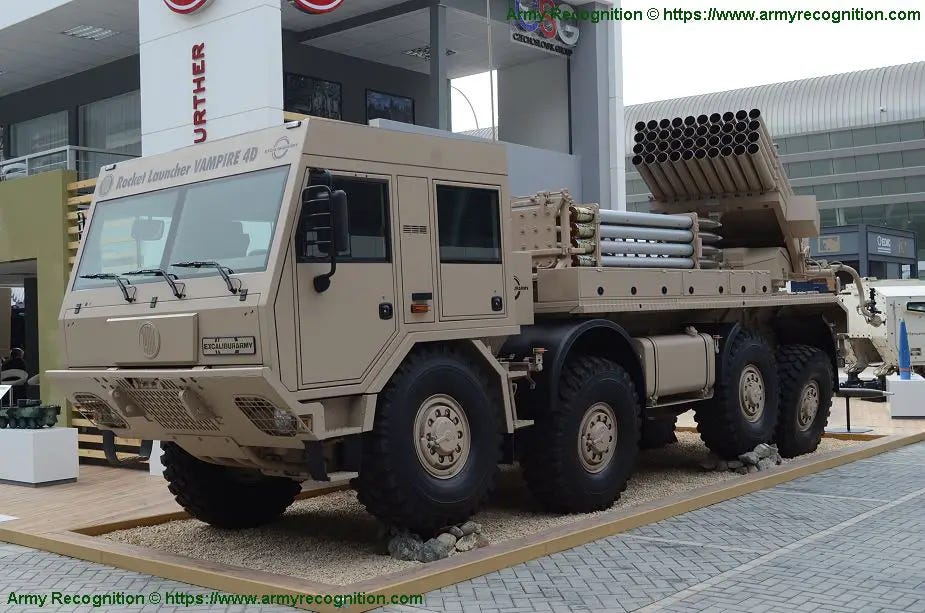

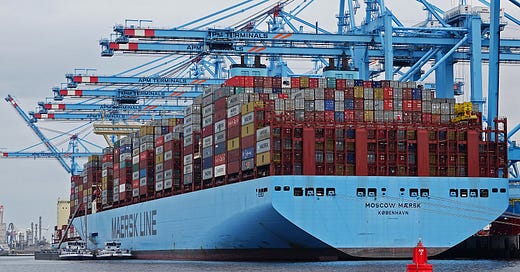

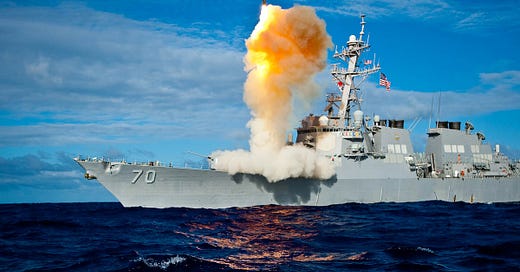

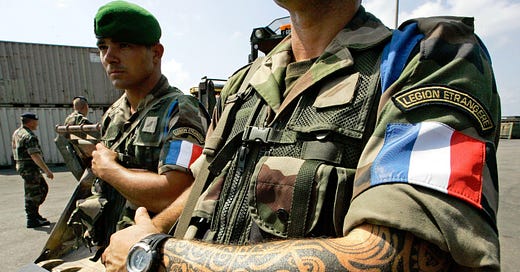

I've posted in the past about the Ukrainian 'theatre of war'.
...And I think it's getting to the point where Shakespeare is a better guide than Clausewitz.
Zelensky in his beseiged court in Kyiv seems ever more dependent on Budanov, scheming head of the palace guard, now staging a provocation in Belgorod that sidelines main rival Zaluzhny, favoured by main patron America.
As Stephen writes, any Zelensky 'strategy' is unclear, other than a high stakes game of daring the patron to openly contradict all their public rhetoric till now, and ditch their protégé of two winters past.
Budanov, among other interesting career episodes, went through psychiatric counselling at school, he was in direct contact with Prigozhin before the Wagner rebellion, and claims his wife was recently poisoned by Putin. He's supposedly Russia's public enemy no.1, and one might see Belgorod as psychotic revenge, though many commentators on seeing Budanova's weird photo suggested she might be suffering from Botox poisoning.
He claims responsibility for many previous provocations, including the Kerch bridge attack and many asassinations of internal and external enemies (perhaps including the senior Zaluzhny aide earler profiled by Stephen here).
If it weren't such a tragic mess, I'd order popcorn.
Whether or not Z has made a fatal mistake, and there is a good chance he has, without all that the US has pushed since 2014, a lot of lives would not have been lost.
My country is culpable, which is why it should pursue a neutralist foreign policy.